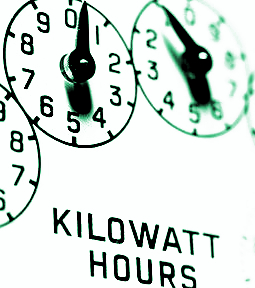Power plans aim to save
 The Albanese government has announced a $1.6 billion “energy savings plan” that aims to make Australian homes more energy-efficient and cheaper to run.
The Albanese government has announced a $1.6 billion “energy savings plan” that aims to make Australian homes more energy-efficient and cheaper to run.
As part of the plan, 110,000 households will be able to access $1 billion in low-cost loans to install solar panels, double glazing, and other energy improvements.
The government has also set aside $300 million to improve social housing and $310 million in tax deductions for businesses investing in renewable energy and energy efficiency measures.
The “household energy upgrades fund” run by the Clean Energy Finance Corporation (CEFC) will issue $1 billion in loans and mortgages for energy-efficient home upgrades, such as battery-ready solar PV and modern appliances.
The CEFC will partner with banks to ensure that homes stay warmer in winter and cooler in summer. The eligibility criteria have not yet been decided, but the scheme is expected to begin next year.
Climate change and energy minister Chris Bowen has stated that Australia's housing stock is too inefficient, reflected in the country's 58th ranking out of 63 countries for per capita energy use.
The government estimates that upgrades to the social housing stock would reduce energy consumption by around a third for residents of 60,000 social housing homes.
The federal budget also includes $18 million to reform the management of Australia's carbon offsets scheme, following recommendations from a review led by Professor Ian Chubb.
The government has been criticised for the scheme, which allows polluters to offset their emissions by buying credits from environmental projects.
The household energy savings plan was first proposed in December 2021, as part of a Labor-Greens deal to pass laws that capped gas prices to limit the rise in electricity bills.
The government pledged to provide a “significant” budget package targeted at low-income people and renters. The scheme also follows a campaign by Saul Griffith, a former energy adviser to the US government and head of Rewiring Australia, who proposed a $13.5 billion package to electrify homes.








 Print
Print